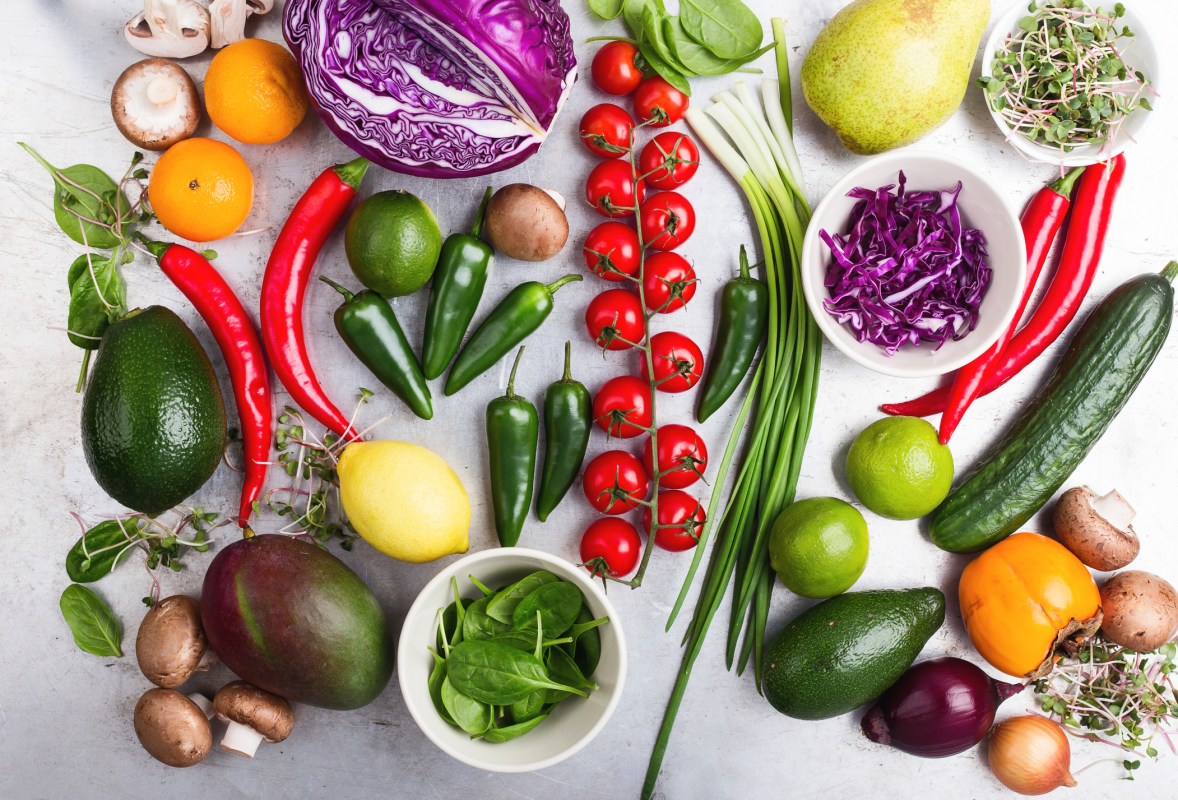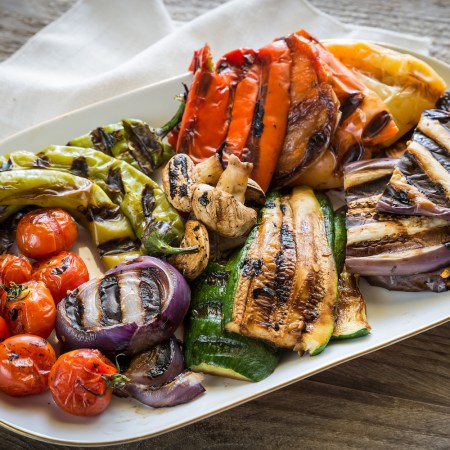If you’ve ever tried to feed a baby a dark green vegetable, you probably are already aware that it typically doesn’t go over very well. But vegetables — specifically the bitter ones like kale that babies tend to hate the most — are full of vitamins and nutrients and part of a well-balanced diet. So is there a way to teach babies to love them?
The New Yorker examines this problem in a new piece chronicling, among other things, the Good Tastes Study that measures infants’ fight-or-flight response as their parents present them with a spoonful of pureed kale. As you might have guessed, babies tend to love sweet, fruity meals like applesauce and hate bitter vegetables. But that’s not a permanent problem — our taste for bitter foods tends to expand as we age. “Our biology is not our destiny,” Julie Mennella, a biopsychologist at the Monell Chemical Senses Center in Philadelphia, told the publication. “We’re omnivores, and there is a lot of plasticity in the brain.”
The article also notes that our tolerance for certain flavors depends on how early we’re exposed to them. “We learn to eat what we’re given to eat, and that education begins before we’re born,” the New Yorker writes. “When a pregnant woman eats a green bean, its flavor winds its way into the amniotic fluid around her fetus, and later into her breast milk…Those tastes, and the colors and textures of things that contain them, come to signify food in babies’ minds. Children whose mothers ate potatoes with garlic while pregnant, a study in Ireland found, are more likely to enjoy potatoes with garlic ten years later.”
Ultimately, it’s important to keep trying to get your baby to eat vegetables, and it’s likely they eventually will. As Susan Johnson of the Good Tastes Study notes, most babies in the study grimaced during the first bite of kale but still tried a second bite. “It’s amazing that they do, but they do,” she said. “There seems to be this window of opportunity between six and nine months — maybe even twelve months — where they’re just interested in food. And that predisposes them to healthy eating. They’re like baby birds. It doesn’t even matter if they like it. They just try it.”
Subscribe here for our free daily newsletter.
Join America's Fastest Growing Spirits Newsletter THE SPILL. Unlock all the reviews, recipes and revelry — and get 15% off award-winning La Tierra de Acre Mezcal.


















